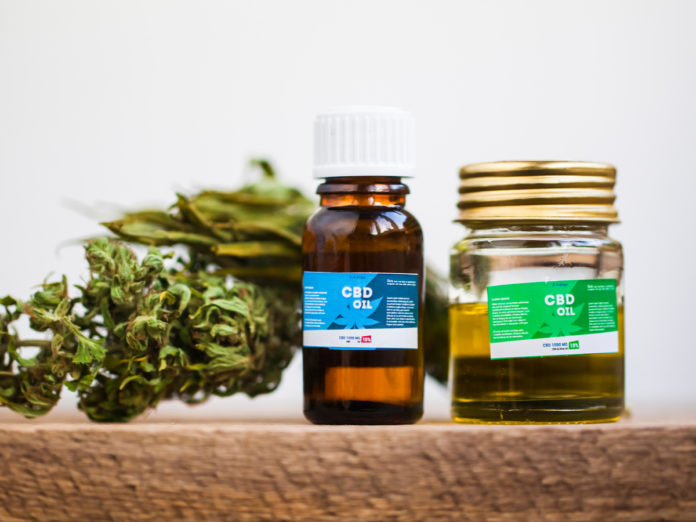Anxious CBD producers may be able to breathe a sigh of relief, at least for now.
In a move that could set precedent, a federal judge in Florida recently placed a hold on a lawsuit filed against Florida-based CBD manufacturer Green Roads. U.S. District Judge Ursula Ungaro ruled CBD manufacturers should not be subjected to liability claims until the U.S. Food and Drug Administration (FDA) finalizes its CBD regulations. Ungaro also declined to allow the case, Snyder et al v. Greens Road of Florida LLC, to become a class-action suit.
“The FDA regulations currently provide little guidance with respect to whether CBD ingestibles, in all their variations are food supplements, nutrients, or additives and what labeling standards are applicable to each iteration,” Ungaro’s decision read. “Although the newly enacted Florida Rule 5K-4.034 addresses CBD product labeling, the court would benefit greatly from the FDA’s regulatory framework. Accordingly, the case will be stayed until the FDA completes its rule making regarding the marketing, including labeling, of hemp-derived ingestible products,”
Whether Ungaro’s decision will impact lawsuits filed against CBD companies in other states is not yet known. Two cases that could benefit from such a precedent were filed in California in December.
Prominent CBD manufacturers, Charlotte’s Web Holdings, Inc. and Infinite Product Company, LLC, each were named as defendants in separate class action lawsuits. The suits claim the companies violated CBD marketing and production laws. The lawsuits were filed shortly after the FDA issued letters to fifteen CBD producers warning them about making unsubstantiated claims.
In the case of McCarthy v. Charlotte’s Web Holdings Inc., the plaintiff claimed the defendant is marketing its CBD products as dietary supplements, which is not permitted under the Federal Food, Drug, and Cosmetic Act (FD&C Act). The suit alleged Charlotte’s Web is violating federal regulations which also means they are violating California law.
“Based on available evidence, FDA has concluded that THC and CBD products are excluded from the dietary supplement definition under section 201(ff)(3)(B) of the FD&C Act [21 U.S.C. § 321(ff)(3)(B)],” the FDA website reads. “Under that provision, if a substance (such as THC or CBD) is an active ingredient in a drug product that has been approved under section 505 of the FD&C Act [21 U.S.C. § 355], or has been authorized for investigation as a new drug for which substantial clinical investigations have been instituted and for which the existence of such investigations has been made public, then products containing that substance are excluded from the definition of a dietary supplement.”
When the suit against the company was filed, Charlotte’s Web vowed to push back and claimed its procedures are in line with regulations.
“The company believes that its products are accurately labeled and that the claims are without merit,” Charlotte’s Web said in a statement last month. “The company intends to vigorously defend itself against any such suits.”
In Dasilva v. Infinite Products Company LLC, the plaintiff accused Infinite of issuing unproven marketing claims. The suit said Infinite claimed, “CBD can alleviate some symptoms of autism, that cannabinoids have been found to inhibit the growth of cancer cells, and that, because of opioids’ addictiveness and painful withdrawal symptoms, people have moved to using CBD.”
“Selling unapproved products with unsubstantiated therapeutic claims—such as claims that CBD products can treat serious diseases and conditions—can put patients and consumers at risk by leading them to put off important medical care,” the FDA said in a release.
If Ungaro’s ruling in Florida is an indication of how federal judges will approach CBD cases such as these, Charlotte’s Web and Infinite may be in the clear for the time being. However, Ungaro did not signal that CBD manufacturers will be off the hook indefinitely for potential marketing violations.
One thing is certain, the lack of federal regulation when it comes to CBD is not only hurting consumers and businesses but is weakening the FDA’s ability to oversee the industry. In the end, it may be quite difficult to enforce rules that have yet to be created—but those rules are indeed coming, and CBD producers are going to have to make sure they adhere to them if they want to remain operational.


